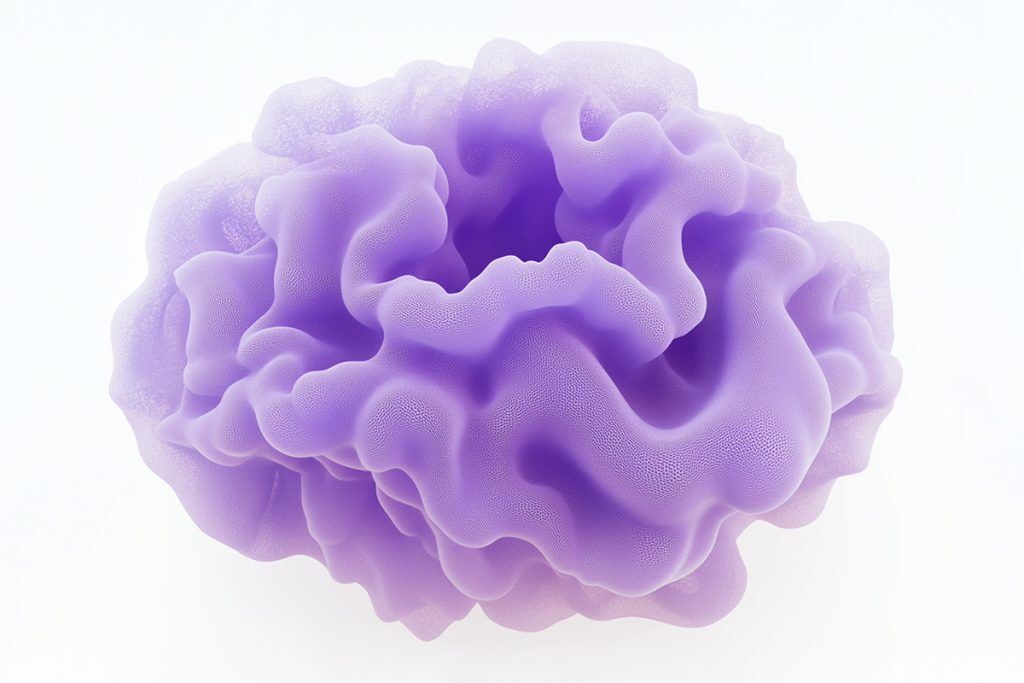
Chai Discovery appoints ex-Pfizer CSO to board after latest model delivers ‘fully de novo’ antibody design with a 20% hit rate.
AI drug development startup Chai Discovery has secured $70 million in a Series A funding round led by Menlo Ventures, bringing its total funding to over $100 million. The OpenAI-backed company, which only emerged last year, is attempting to radically accelerate drug discovery performance by treating biology as an information problem.
Founded by a team with roots at OpenAI, Meta, Stripe and Google X, Chai Discovery claims its flagship AI model, Chai-2, has already achieved a reliable method for generating entirely new antibodies from scratch. According to the company, companies can spend years and millions screening vast libraries of molecules with hit rates of just 0.1%, while Chai-2 has delivered validated drug candidates with success rates nearing 20% within weeks. These antibodies are not repurposed or drawn from existing databases; they are wholly novel sequences, designed with specificity and stability based solely on a target antigen.
“Before Chai-2, the process was not unlike searching a giant bunch of keys for the right fit for a lock – but there are millions of keys,” said Chai co-founder Matthew McPartlon. “Now, it’s like having a master locksmith design exactly the right shape key, based only on your description of the lock.”
Chai’s work has potentially significant implications for the treatment of age-related diseases, where novel, complex, or intractable targets often stymie conventional therapeutic development. Chai’s CEO Joshua Meier has described Chai-2 as a “Photoshop for proteins” that enables the rapid development of therapeutics capable of hitting previously undruggable targets.
“Progress towards game-changing drugs and treatments is far too slow, stymied by costly trial-and-error experiments,” said Meier. “Chai Discovery exists to push the boundaries of what’s possible in this field, applying frontier AI to transform biology from science to engineering, so that breakthroughs can be designed rather than simply discovered.”
OpenAI’s deep involvement, not just as an investor, but also through shared DNA with Chai’s founding team, is significant. An early backer of the company, OpenAI co-led its $30 million seed round and helped fuel the development of its first major release, Chai-1, a multi-modal structure prediction model that outperformed established tools like AlphaFold3 on key benchmarks.
Adding further weight to Chai’s credibility, Mikael Dolsten, former Chief Scientific Officer at Pfizer, where he oversaw the development of more than 150 clinical programs and 36 approved drugs, has joined the company’s board.
“I’ve been impressed by the scale of Chai Discovery’s ambition since our early conversations a while ago—when such progress scarcely seemed possible—and it’s incredible to see this breakthrough come so quickly,” said Dolsten in a previous statement. “Chai-2 holds high potential for de novo design of medicines with short turnaround times.”


